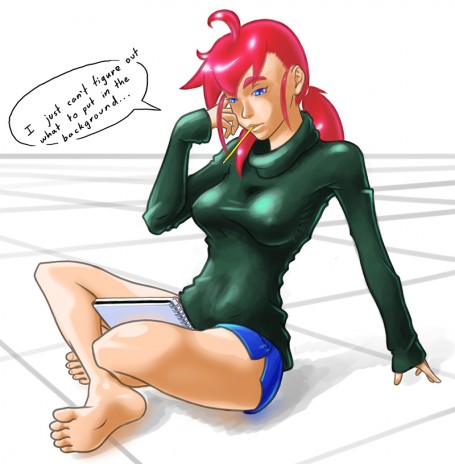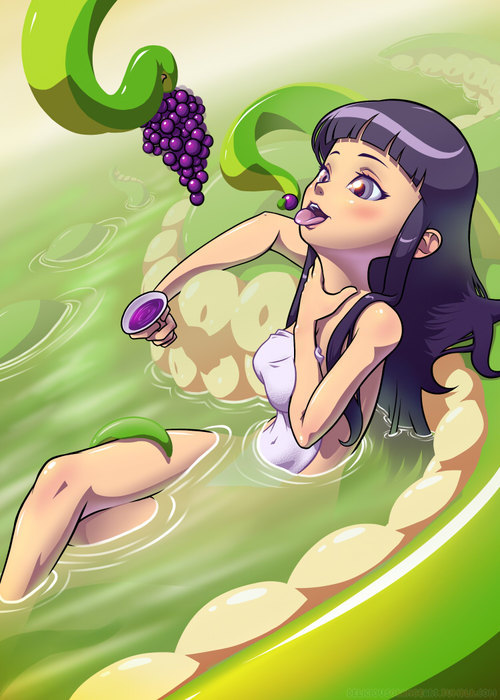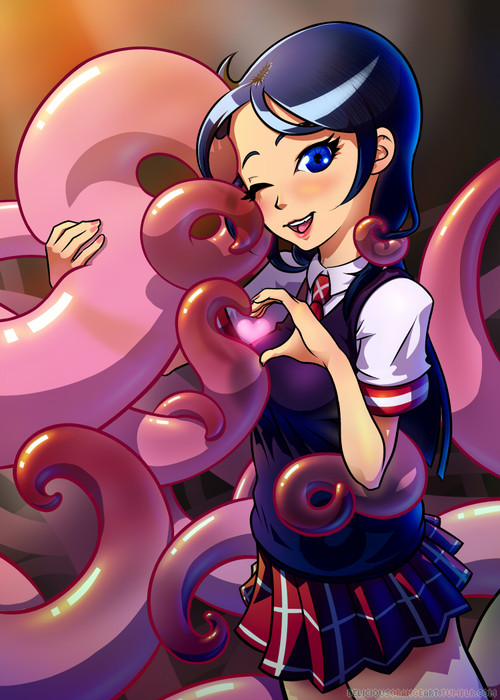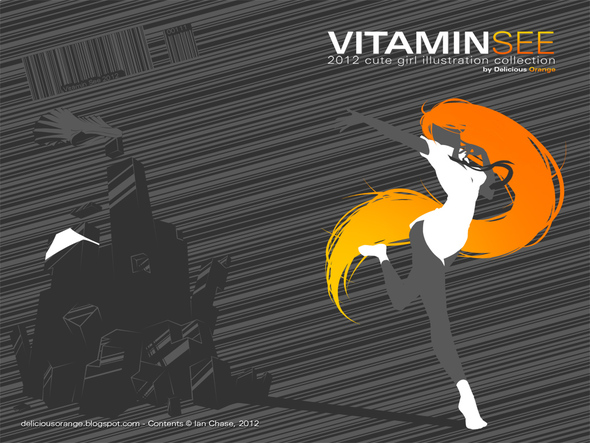Sasuke1ex1 actually ask me a really interesting question recently, one that I wasn't immediately sure how to put into words, so I decided to take a moment to think about and share some the ideas that I think are fundamental for an artist to embrace.
Well that's a really complicated question. I don't know if I can really properly explain everything that goes on in the process of my drawing, but I think I may be able to at least steer you towards some additional resources that you may find useful.
If I had to boil it down to just the essentials, I would say the important things to do to improve your artwork would be:
1) Observe nature and draw freehand
Even when you don't have ideas leaping to get out of your head; nature is full of really interesting things to draw and carefully observing and recreating them helps develop the skills you'll need to properly reproduce ideas that exist ONLY in your head. Many young artists get hung up on trying to reproduce existing images or art styles, but that's not going to help you become a better artist. The most essential skill of any artist is the ability to convey a concept from their mind onto paper and drawing freehand from observation is a low pressure way to develop the skills you will need to do that.
2) Practice!
Brilliance is 1% inspiration, 99% perspiration. Some people may be gifted with natural talent, but most artists are as good as they are because they WORK at it. Not everything you draw has to be some sort of masterpiece. A sketch on a napkin is just as good for practicing as a velvet canvas. In fact, divorcing yourself from thinking everything has to be perfect the first time is one of the biggest hurdles to the creation of good artwork. Sketch, be messy, throw away anything that doesn't work and just try again. Don't erase, redraw. Be loose, be fast, as Bruce Lee famously said "be like water". Through this you will help improve not only your technical skill, but also your speed, allowing you to draw more in less time, effectively allowing your effort to snowball.
3) Try new things!
Never dismiss something as being not worth drawing at least once. Drawing unusual subjects can often teach you more about subjects you're already familiar with. The same can be said of stylization, don't lock your-self into thinking you're a ______ artist. Draw photo-realistically, cartoon, play with finger paints, try to emulate your favorite artist, then try to emulate the style of an artist you DON'T like. The things you learn from these experiments will be surprising and help you improve your own work.





